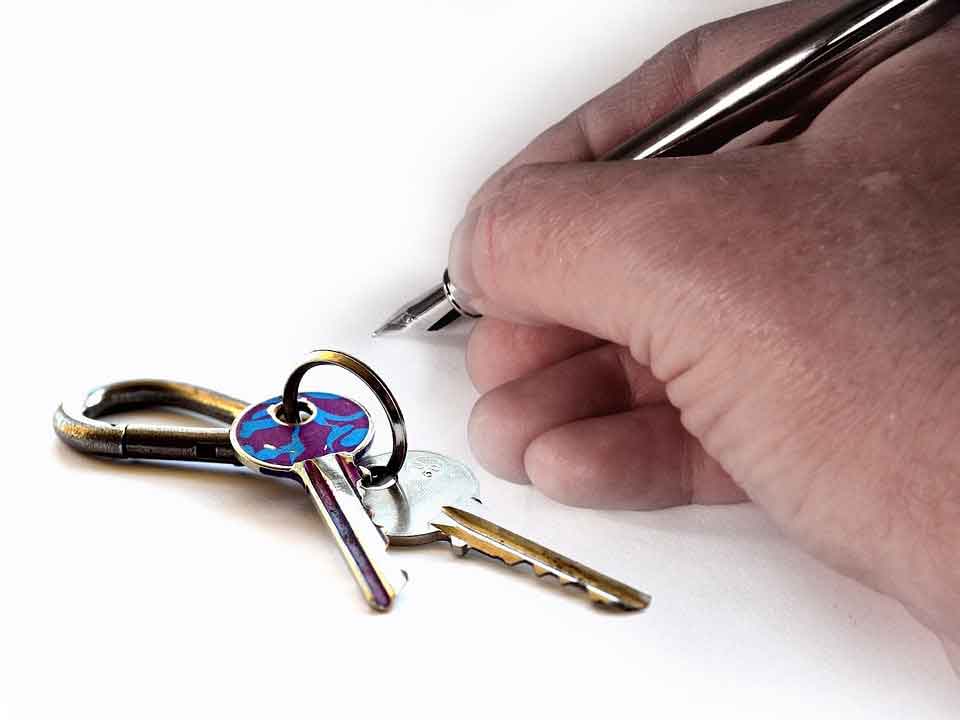
If you’re a New York landlord, you have to be very careful with how you speak to and interact with your tenants.
Last year, the New York City Council enacted the Certification of No Harassment, which protects tenants against unlawful actions taken by their landlords.
You might not mean to take harassing actions. You might just be trying to run your properties the way you feel they need to be run. But your tenant does not see it that way, nor will a New York judge.
If you feel you’re being unfairly accused of harassment, seek the legal advice of an experienced real estate law firm like Adam Leitman Bailey, P.C.
If you realize that you’re engaging in any of the following activities with your tenants, it’s time to stop immediately. Continuous harassment can lead to severe consequences.
Contacting tenants about a buyout of their lease can blow up in your face. There are a few major issues that can arise. For starters, never use threatening or obscene language while offering the buyout. Never contact a tenant at their place of employment regarding this matter unless you have obtained their written permission.
If they refuse the buyout, continuing to ask them for 180 days after the initial rejection is considered harassment, especially if you’ve been notified in writing that they do not wish to be contacted about it.
Illegal eviction actions are also considered harassment. You can legally evict a tenant if they’ve failed to pay rent, or if they’ve violated the lease in some way. And even then, there is a strict process you have to adhere to.
Always make sure you’re not engaging in self-help eviction actions. These can include turning off utilities, changing the locks, disrupting the peace of the building with never ending construction in common areas, removing a tenant’s furniture, and any other action undertaken with the purpose of driving the tenant from their unit outside of the legal eviction process.
Over charging for a rent regulated apartment is also considered a form of harassment. While the number of rent controlled apartments in New York is falling at a rapid rate, there are many rent stabilized units that are kept affordable by law.
Yes, it’s your property. But you can’t just walk into a tenant’s home with no prior notice. To gain access to a rental unit to make agreed upon repairs, make inspections that were highlighted in the leasing agreement, or show the apartment to prospective new tenants, you first have to give reasonable notice to your current tenant in writing.
According to the New York State Attorney General’s Office, reasonable notice is believed to be 24 hours for inspections, and one week for repairs. These visits can only occur between the hours of 9 a.m. and 5 p.m. Monday through Friday, excluding holidays.
The only time you are permitted to enter a tenant’s home without permission is in the event of an emergency, such as a flood, fire, or gas leak.
It’s so important to watch your actions when it comes to your tenants. Harassment has steep consequences in New York, with maximum financial penalties up to three times the actual damages.
If you are engaged in a disagreement with one of your tenants, contact a real estate attorney immediately.